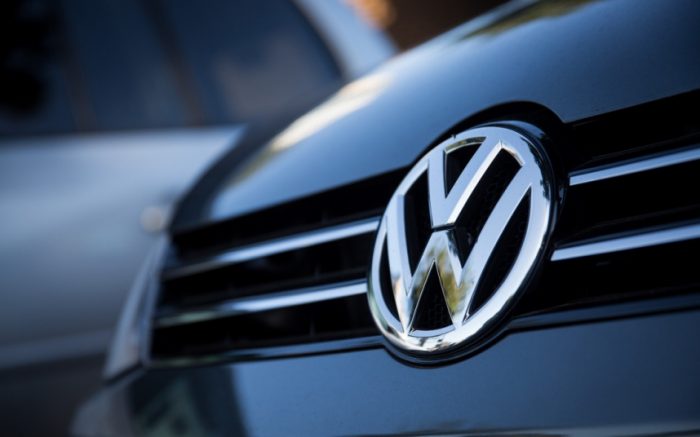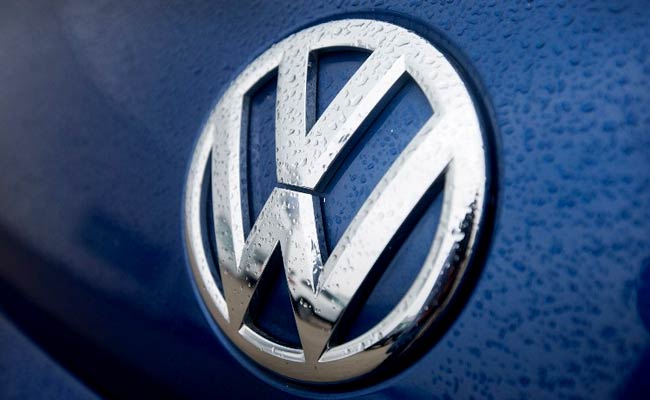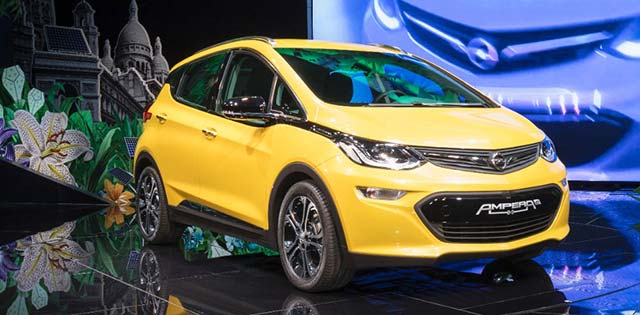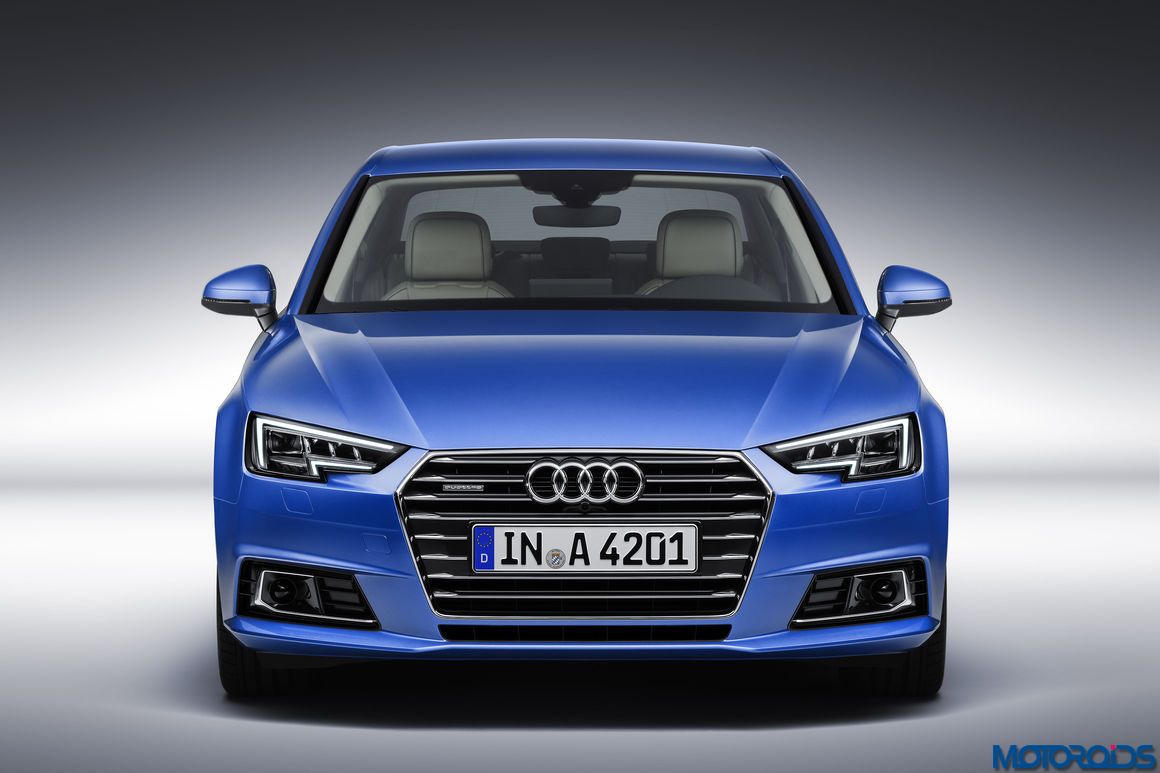Now Reading: Volkswagen sales momentum positive everywhere, says CEO
-
01
Volkswagen sales momentum positive everywhere, says CEO
Volkswagen sales momentum positive everywhere, says CEO
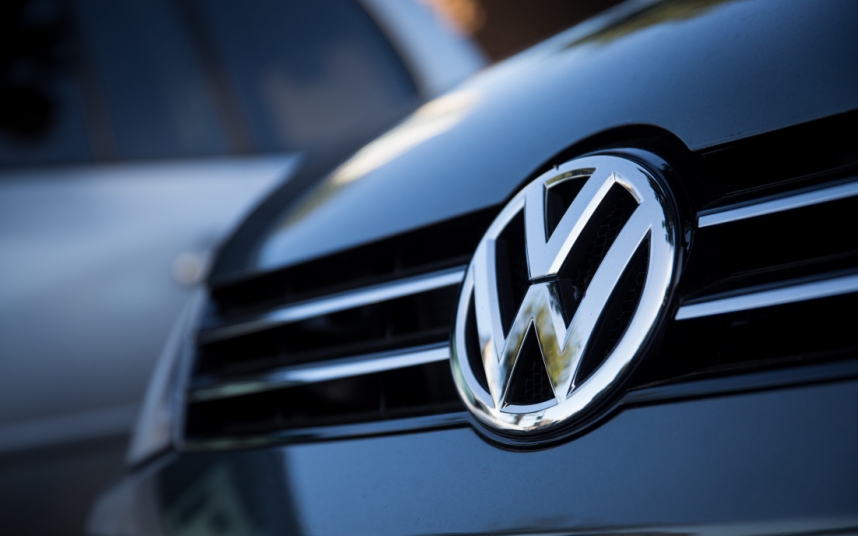
Volkswagen trumpeted a good start to this year at the Beijing auto show on Tuesday and described spending plans for electric vehicle and autonomous driving ventures in the country.
The German automaker, undergoing far-reaching reform is on its way to track for profitable growth in 2018, new CEO Herbert Diess stated.
“We had a very positive start into this year. We see positive momentum in all regions,” Diess stated, referring to group-wide deliveries that boosted by 7.4 percent in the first quarter to 2.7 million vehicles.
“We see good opportunities for profitable growth in this year, too, but we need to speed up (reform of the company),” he added, noting rapid changes throughout the industry and heightened competition, particularly in China.
Operating profit at Europe’s largest automotive group is anticipated to have boosted by 2.3 percent in the first three months of the year to 4.47 billion euros ($5.45 billion) and is seen growing by 7.3 percent this year to 18.3 billion euros, a Reuters poll of experts and brokerages showed prior its quarterly results on Thursday.
Independently, Jochem Heizmann, head of Volkswagen’s China business, stated that automaker and its three Chinese joint ventures plan to spend 15 billion euros through 2022 on electric vehicles (EVs) and new technologies such as self-driving vehicles and alternative mobility services.
That compares with strategies announced by the automaker last November to invest 10 billion euros alone in all-electric and semi-electric vehicles in China by 2025.
Together with JV partner Anhui Jianghuai Automobile, the automaker plans to release an electric sport-utility vehicle under a new brand called “Sol” with a range of over 300km, Heizmann stated.
The group, which has a goal to provide 1.5 million electric vehicles (EVs) in China by 2025, prepares to start building EVs in at least six Chinese factories by 2021, Diess stated.
The CEO informed the automaker has no strategies to change the JV structure of its Chinese operations even though Chinese official are planning to open up the world’s largest auto market by eliminating caps on foreign ownership.
Stay Informed With the Latest & Most Important News
Previous Post
Next Post
-
 01Polestar Boss Says It’s Time To Outrun BMW M And Mercedes-AMG
01Polestar Boss Says It’s Time To Outrun BMW M And Mercedes-AMG -
 02Spy Shots: 2027 Mitsubishi Pajero Spotted in Testing Ahead of Possible U.S. Return
02Spy Shots: 2027 Mitsubishi Pajero Spotted in Testing Ahead of Possible U.S. Return -
 032026 Toyota Hilux EV: A Powerful Truck with Silent Torque
032026 Toyota Hilux EV: A Powerful Truck with Silent Torque -
![2027 Mercedes-Benz S-Class Debuts with V8 Engine [Photo Gallery]](https://speedlux.com/wp-content/uploads/2026/01/2027-Mercedes-Benz-S-Class-33-155x125.jpg) 042027 Mercedes-Benz S-Class Debuts with V8 Engine [Photo Gallery]
042027 Mercedes-Benz S-Class Debuts with V8 Engine [Photo Gallery] -
 052026 Corvette ZR1 Production Surges Past Expectations as Output Clears 1,000 Units
052026 Corvette ZR1 Production Surges Past Expectations as Output Clears 1,000 Units -
 06Spy Photos: VW ID. Polo GTI Goes Electric with 223 HP and 280 Miles of Range
06Spy Photos: VW ID. Polo GTI Goes Electric with 223 HP and 280 Miles of Range -
 07Hyundai Palisade’s Breakout Year Shows How Quickly the Market Can Turn
07Hyundai Palisade’s Breakout Year Shows How Quickly the Market Can Turn



![2027 Mercedes-Benz S-Class Debuts with V8 Engine [Photo Gallery]](https://speedlux.com/wp-content/uploads/2026/01/2027-Mercedes-Benz-S-Class-33-700x394.jpg)




































